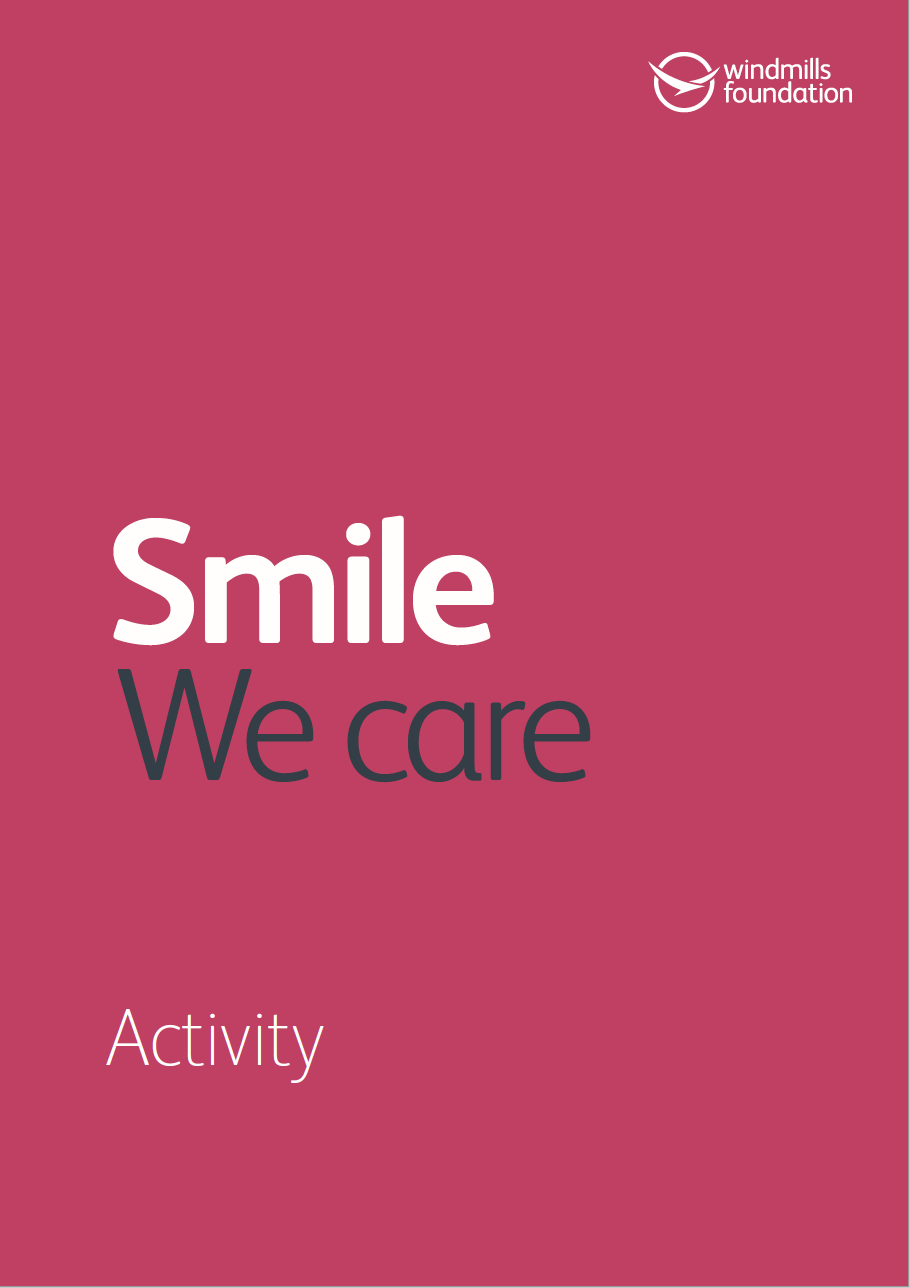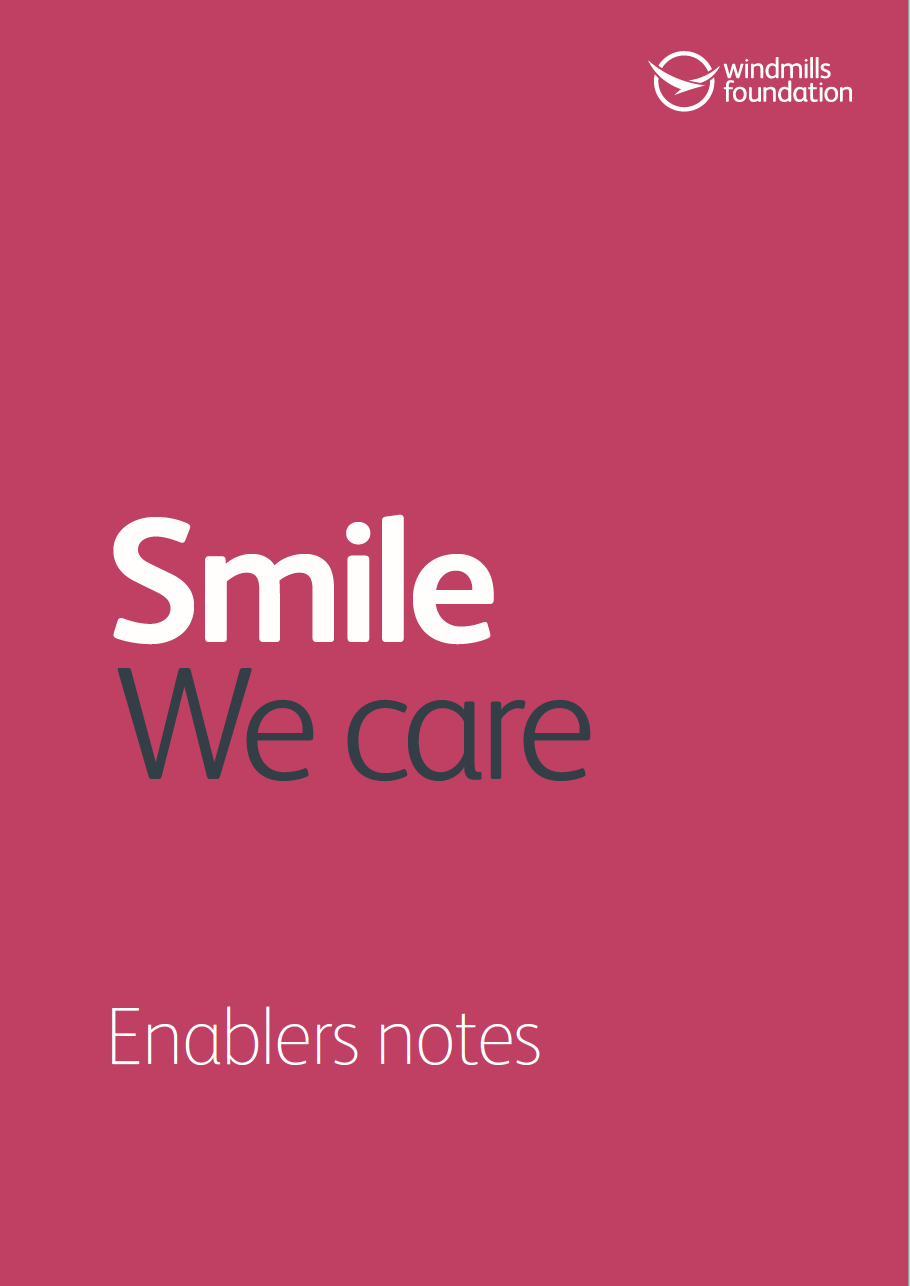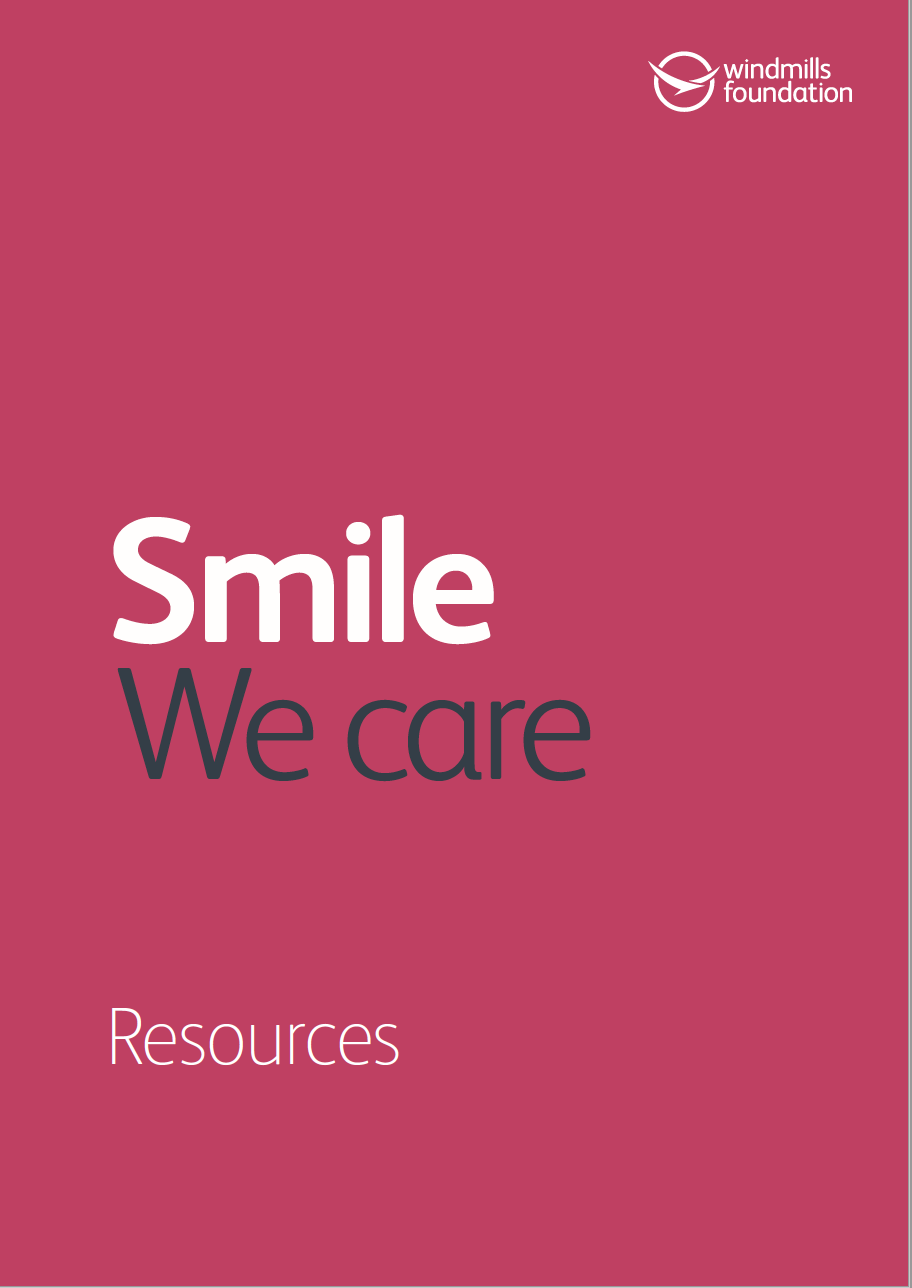We all woke up this morning and will go to bed tonight, but we’ll never have today again. Today we can make a difference, we can play our part in helping those around us.
As others wake and begin their days they will be facing all sorts of different things on their plates, some causes for celebration and happiness, for others life may have dished up challenges and problems they are struggling to overcome. Today is a chance to LOOK, LISTEN and LEARN more about the needs on people’s plates around us.
Look
Take a look at those people closest to you, your family, friends, neighbours, think about the changes affecting them, the issues, challenges and needs and make a list of what kind of things these may be. They may range from loneliness and isolation of elderly neighbours and relatives, to concerns about the environment, mental health, safety and poverty.
As you walk to the shops and visit friends, take a broader look at what’s going on around you and think about the stories playing out behind every door you pass. Add to your list by reading your local newspaper, researching charities in your area and asking people who may know more about your local community, such as family members and friends, neighbours, teachers, volunteers and community leaders about what kind of things are issues from their point of view.
To explore these needs further and add to them, take a look at the plates which may help you identify some of the broader issues and challenges people in your community are facing.
Once you feel you have got all your ideas on your list, pick one or two plates or issues that you particularly care about and are meaningful to you, things you would like to do something positive about.

Listen
Having selected one or two community needs you feel passionate about, it can be helpful to understand these in a little more depth, e.g. who’s involved with this locally and how you can make a lasting difference. The best way to do this is to speak to people directly involved or help out and find out more about what is happening locally. Consider asking the following questions:
WHAT is the genuine need?
WHY has this need arisen?
WHO else is helping out?
WHERE can you make the greatest difference?
WHEN can you start to make a difference?
Learn
Think about all the information you’ve found out, experiences you’ve had and wisdom you’ve gained through your creative research and conversations. If working with others, discuss and talk about where you can collectively make the greatest difference, and whether working as a team or individually, complete the following sentence: ‘We care about…’
Never doubt that a small group of thoughtful, committed citizens can change the world; indeed, it’s the only thing that ever has.
Margaret Meade
Why this session is important
To help your group or individual to:
- Explore the different needs and issues facing people in their local community
- Realise they can play an important part in making their community a better place
- Understand the SMILE Challenge and the benefits of ‘giving back’ through positive social action
- Agree an action to work on
What you will need
- Copy of We Care Activity for each group
- SMILE Slide Presentation
- We Care Resources
- Access to information on your local community
- Paper/pens
- 30 mins (depending on time availability)
How to do it
Welcome the group and introduce the SMILE Challenge. Show the SMILE Slide Presentation and open up the conversation by asking:
- What did they enjoy and learn from the slide show?
- What words make us SMILE?
- Who in your local community would love a SMILE?
- How can you make someone SMILE?
Divide individuals into groups of 4 – 6 (although you can also deliver SMILE as a whole group or class) and ask them to create a team name. Emphasise how much potential every single person in the room has to make a difference in their local community, however big or small. Explain that the SMILE Challenge will run over several weeks and it will be a fun, engaging and fulfilling opportunity for everyone involved.
Highlight the importance of teamwork and that different skills and abilities will be needed from all those involved to make the challenge a success e.g. research and problem solving to leadership, communication, creativity and practical skills.
We care
Engage the whole group in a creative exercise to map out what they believe the needs and issues are that people are facing in their local community. Generate as big a list as possible using the prompts if required:
- Who is in most need in your local community?
- Why would they be sad?
- What problems or issues are people you know facing?
- What kinds of causes do local charities support?
Encourage individuals to LOOK around their local community and think about the people, place and environment they live in and the sorts of worries or concerns they may have as they wake up each morning.
To help add to this talk through the different things people may have on their plates each day.
Using the Plate Images ask each group to identify one or two plates or needs they care about most. This may be because someone close to them is facing a particular challenge; or they feel strongly and passionately about a particular issue or that there is simply a real need that they feel they can do something about.
Encourage groups to find out a little more about the need, purpose or causes they’ve highlighted. There is a great opportunity here to make this interactive and engaging with the local community by LISTENING to people involved and LEARNING more about the underlying issues. This could involve a presentation from a local charity, chat with a family member who volunteers or visit to a local group.
This process can be enabled further by:
- Involving parents, community volunteers, school governors and local charities as facilitators for each group
- Utilising existing links and building on previous community connections
- Piggy backing on activities that are already planned
- Focusing on one issue or need as a whole group
What other questions to ask/points to make
Be prepared to share your story – what purposes and causes do you feel passionate about, how have you made people SMILE, what are your experiences of volunteering
- Explain the benefits that ‘giving back’ can bring to our own confidence, sense of fulfilment, positive mental health, belonging and skills for life
- Make the point when working with a group that they can all be supporters for one another, adding help, encouragement, and guidance when needed
As the session draws to a close discuss:
- What they may have learned, or what has surprised or puzzled them about doing these activities
- Help them to identify one key action they may personally wish to take as a result of doing these activities

Smile… We Care Activity
Download File (.pdf)
Smile… We Care Enablers Notes
Download File (.pdf)